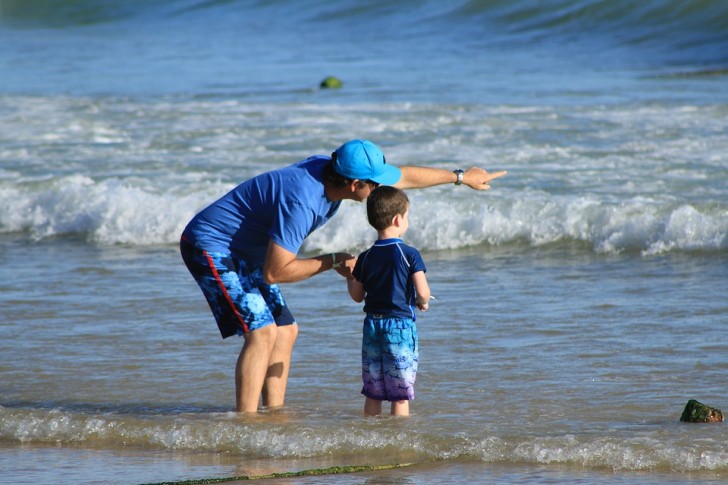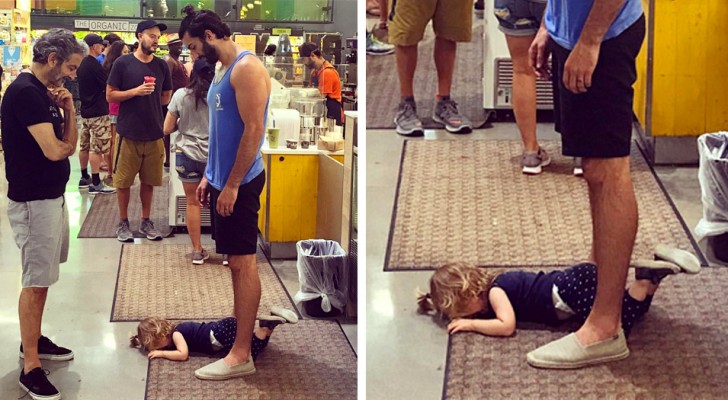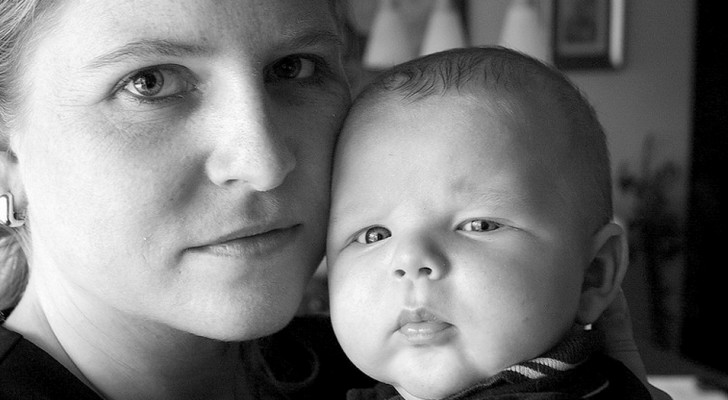Three actions of parents that end up destroying the self-esteem of their children

There are no manuals or universal rules that teach us how to become good parents.
However, there are some precautions that would be good to follow in order to raise autonomous individuals who, above all, possess a healthy dose of self-esteem.
Self-esteem is essential to leading a peaceful and happy life, and we should never forget that building self-esteem is strongly linked to the early years of children's lives.
In fact, as children, we acquire knowledge and with it, we build the basis of our self-esteem which will accompany us throughout life.
Furthermore, self-esteem is one of the fundamental building blocks for emotional and social maturity.
via cnbc.com

Becoming a parent is a unique and wonderful experience but very often parents make "mistakes" that could compromise their children's self-esteem.
We often tend to do things for children thinking that we are helping them, but it is not helpful for children to have someone who always does things for them.
In fact, children, depending on their age, can do many things independently, from brushing their teeth to putting on their pajamas, from tying their shoes to putting away their toys.
If every time they try their hand at something we intervene because "that's not how to do it", or because "you can't do it alone", we are not only dismissing their desire for autonomy but also decreasing their desire to learn.
We must strive to let them do things alone, even if at the beginning they do not produce good results, even if they have to put in some extra time or effort. It is only in this way that they will be able to also understand that time and dedication to a commitment is repaid with success.

Many times, by not allowing children to make mistakes, we slow down their growth and consequently, their self-esteem suffers.
It is precisely from our errors that it is possible to grow, improve, and understand what did not work in order to do better the next time.
In addition, often parents expect their children to think like adults but this is not only not possible, it is also senseless. A child needs time to form their own thoughts and to look at the world with the eyes of a child.
These are fundamental stages in life that will never return, so as adults, parents need to "empathize" with their children's thoughts. And to do it in such a way that it is the child who, as time goes by, is able to create a system of values.
Self-esteem is generated from the independence and confidence we inculcate in our children ("You can do it! Try again ..."). Moreover, self-esteem is firmly instilled by making sure children grow up knowing that failure is part of the game of life but that at the same time, commitment and dedication always pay off.





